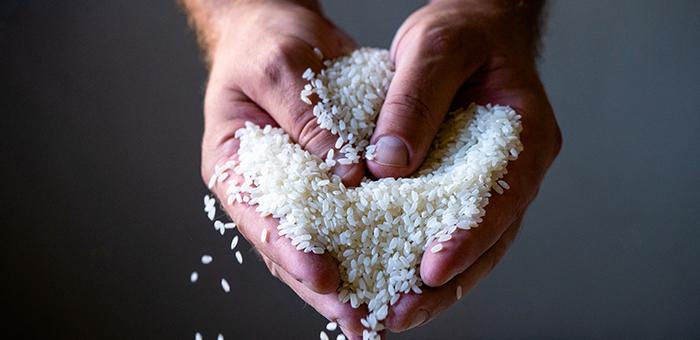Are You Carb Adapted?

If you’ve read the blog posts on Personalised Nutrition and If the Drugs Don’t Work you’ll have gathered that we are not all the same and what works for some people may not work for others. Never is this more true than when it comes to what we eat.
Some People are Carb Adapted
New research has found that a common gene mutation helps some people cope with high carbohydrate diets by keeping blood sugar low despite the higher carbohydrate intake of modern diets. However, nearly half the population still have an older variant of the gene that may be better suited to prehistoric diets.
The research team, analysed the genomes of over 2500 people from around the world as well as those of 61 other species to understand how the gene has varied throughout evolutionary history. They found that almost half the people in many ethnic groups have a variant produced by a mutated gene which became more common as cooking and farming increased in human populations.
The researchers also looked at genomes of ancient humans and found that the newer variant is more common in ancient and modern farming populations than in hunter-gatherers, suggesting that increased consumption of carbohydrates could have been the force driving the genetic adaptation.
How Does it Work?
When we eat carbohydrates they get broken down into glucose in the gut. The glucose goes into the blood stream and the body produces insulin to help carry the glucose from the blood to the liver, muscles and fat tissue.
The researchers found that the new gene variant can more readily clear glucose out of the blood meaning people with the newer variant will have lower blood sugar.
The researchers suggest that the older version of the gene would have helped our ancestors maintain higher levels of blood sugar during periods of fasting or famine when food wasn’t so easily accessible. This would have helped us evolve our large brains.
With the higher carbohydrate and higher sugar diets that are common nowadays, the newer variant may be advantageous.
The researchers say that while this genetic variant does not play a direct role in the development of diabetes, having the older variant may make people more likely to develop diabetes, and it may also exacerbate insulin resistance. Hence people with the older variant may need to watch their carbohydrate intake more than those with the newer variant.
The Evolution of Diet, Health and Disease
The researchers suggest that the results are another example of how prehistoric changes in dietary habits have shaped human evolution. Understanding how we have adapted to these changes doesn’t only inform us about why people lived or died in the past, but also helps us to better understand the relationship between diet, health and disease today.
References
1. Fumagalli, SM Camus, Y Diekmann et al. Genetic diversity of CHC22 clathrin impacts its function in glucose metabolism. ELife, 2019; 8